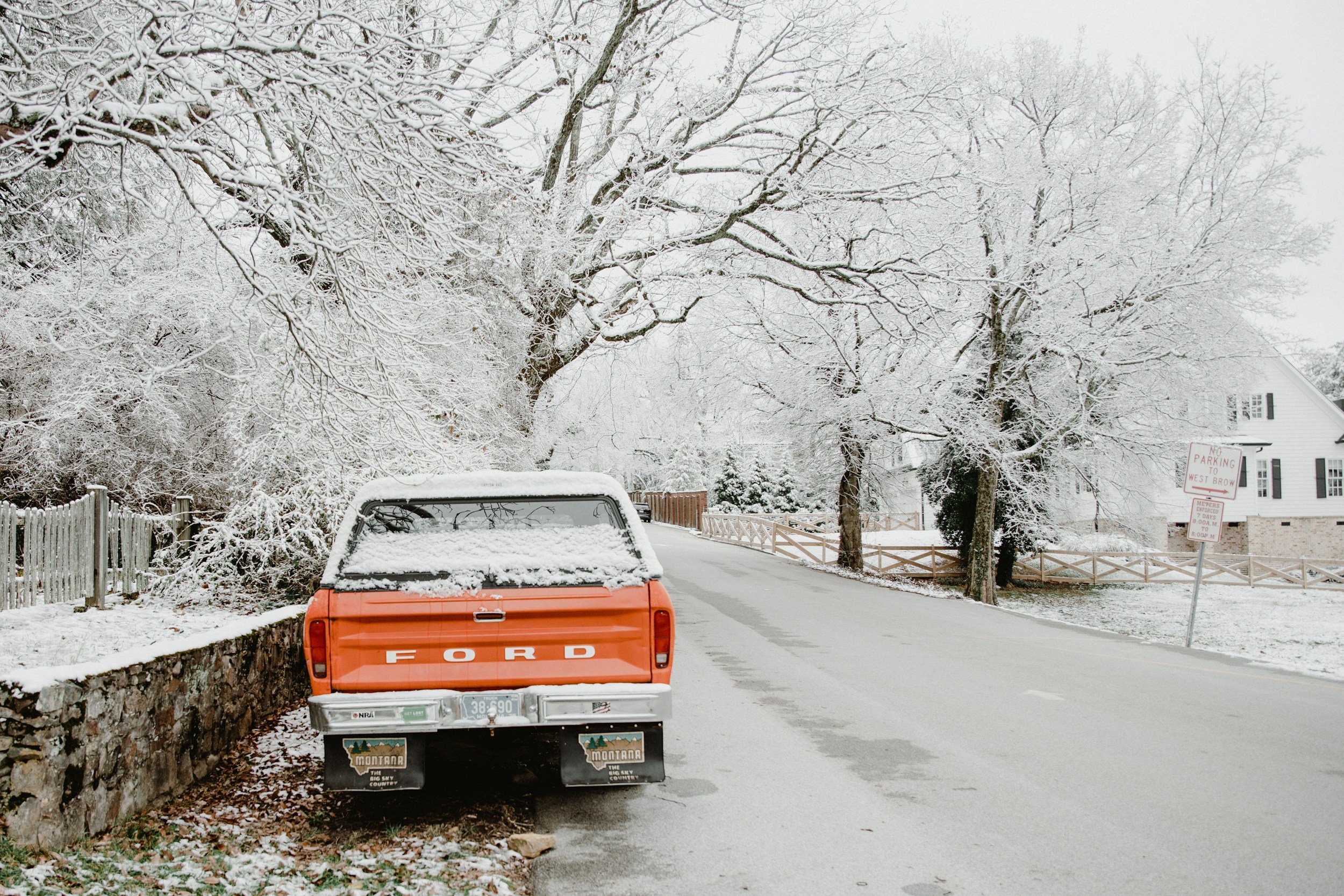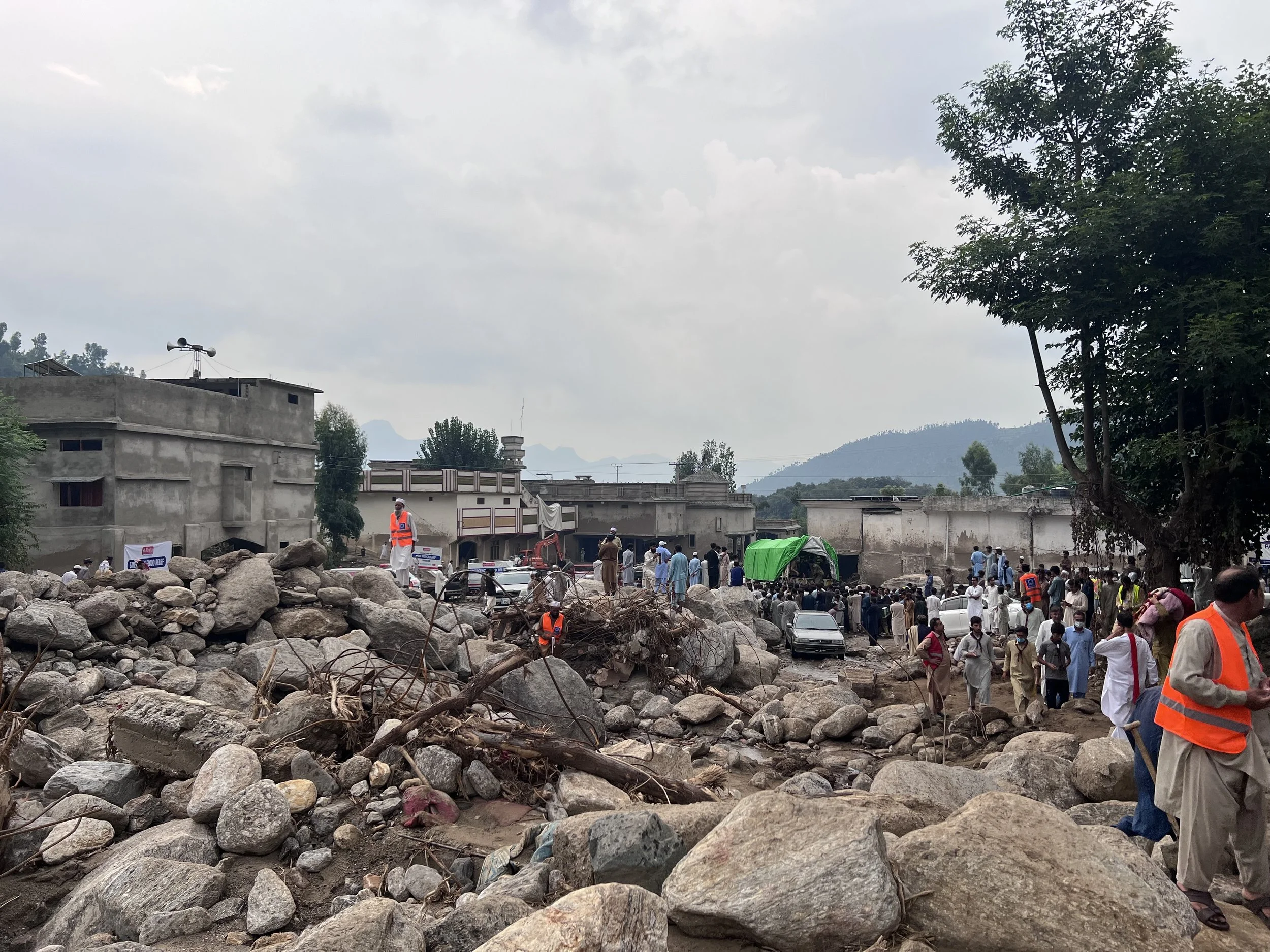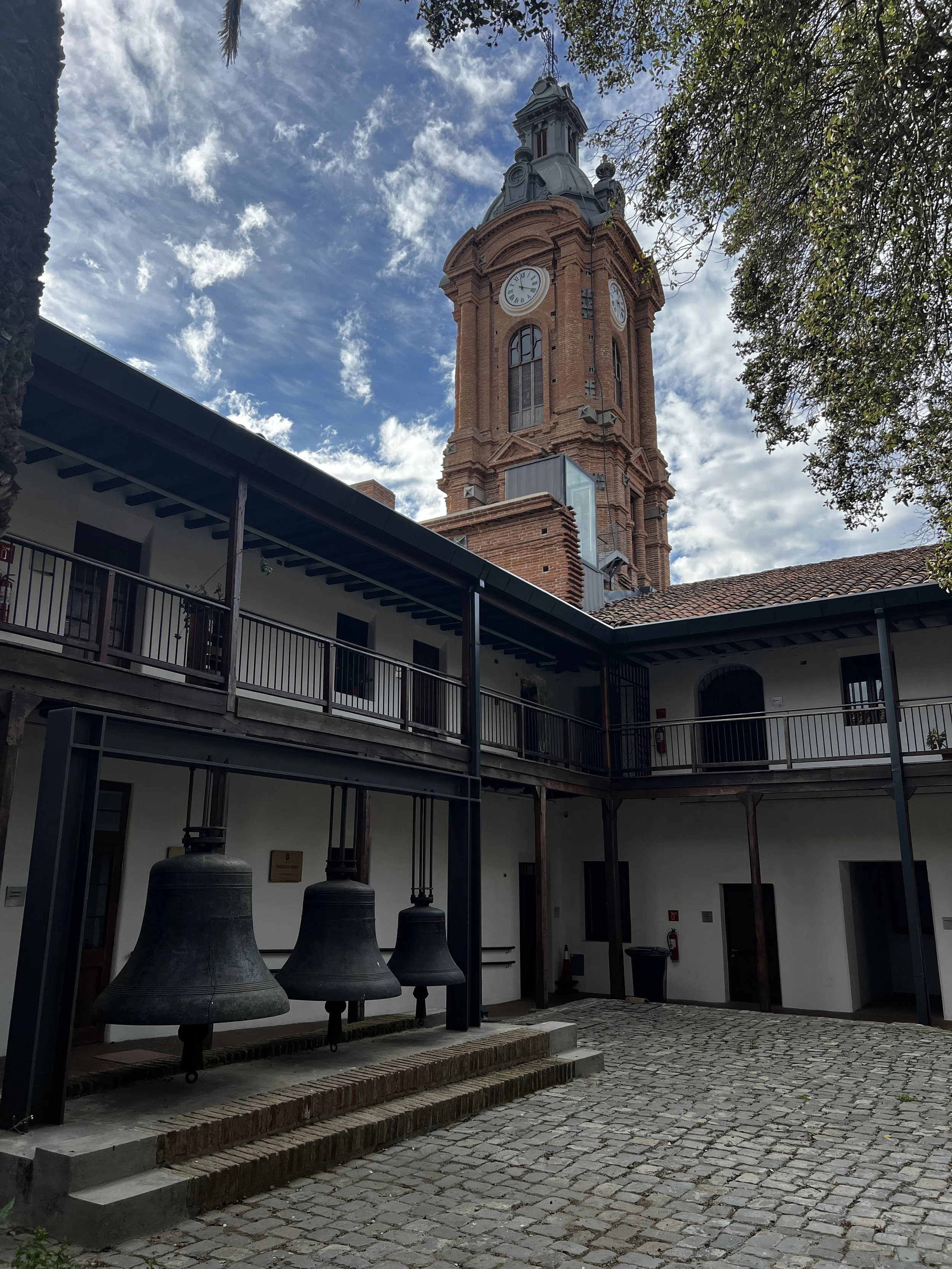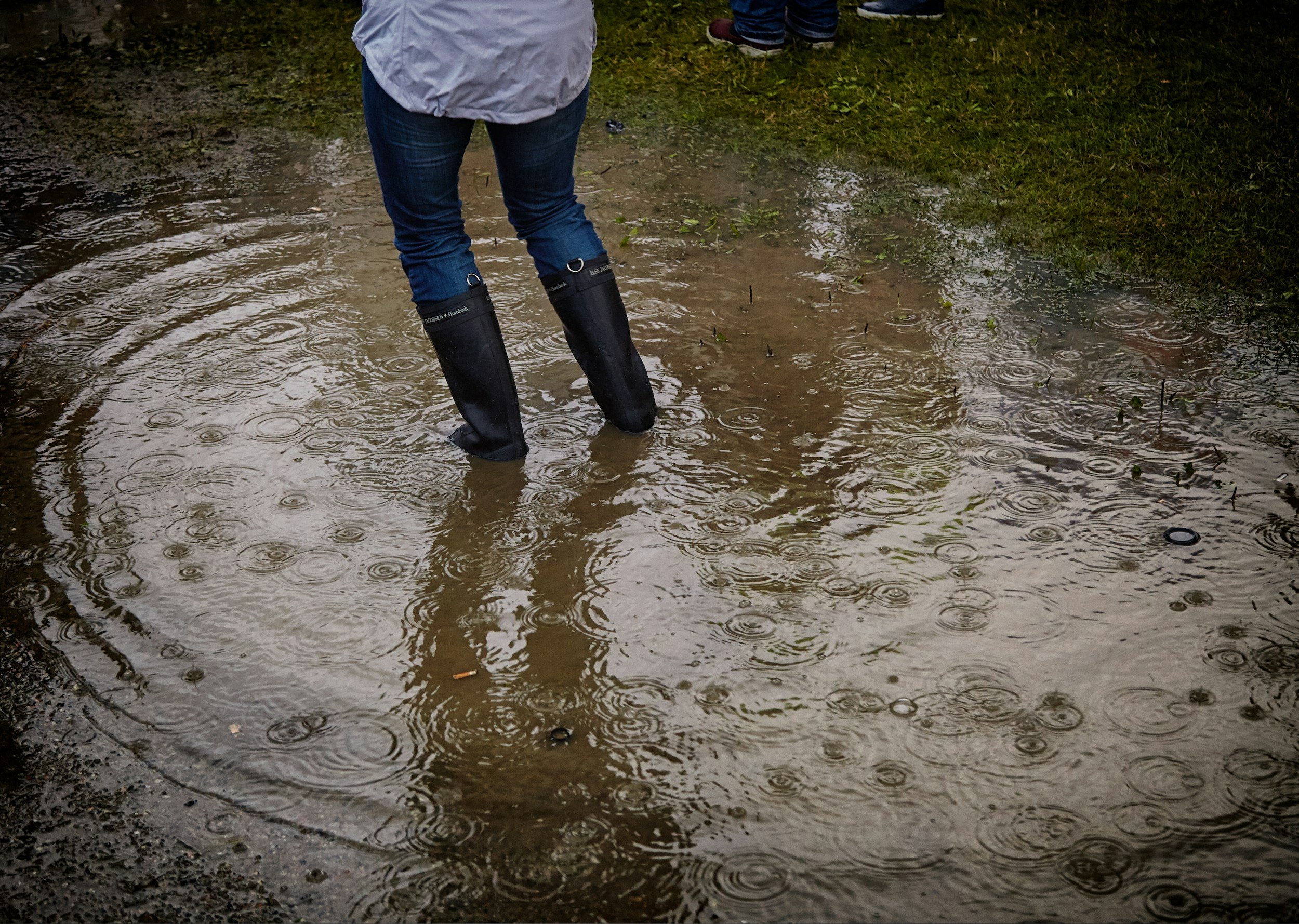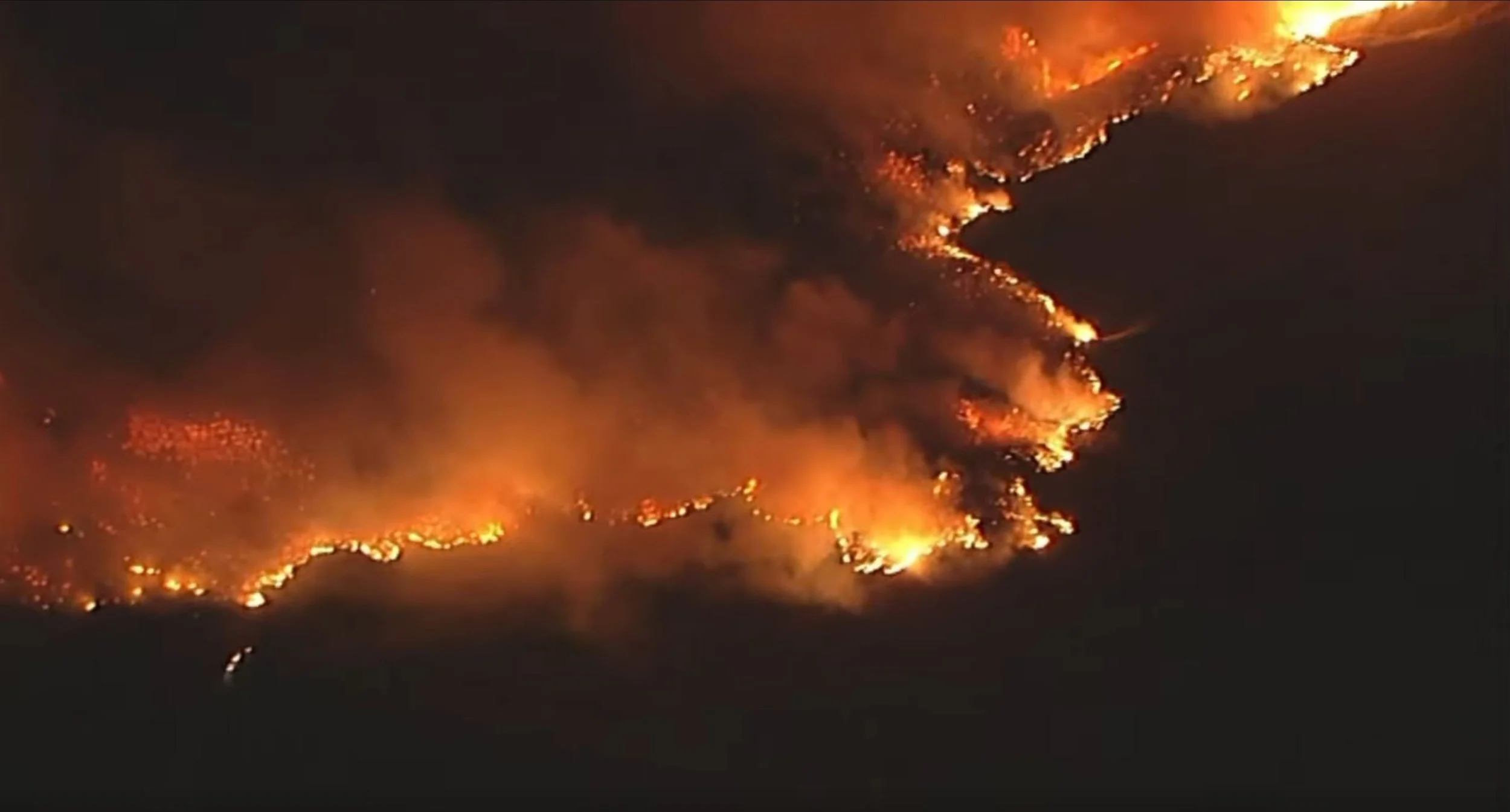Nine of the families who tragically lost their children are now suing state officials who led the Texas Department of State Health Services for licensing Camp Mystic despite its emergency instructions that campers stay in their cabins in case of a flood.
Read MoreUntil temperatures rise high enough and long enough to make roads more accessible, response to a winter storm stretching from Texas to the Northeast is going to have a more local focus, officials said.
Read More“My stories for Religion Unplugged are important because they offer readers a nuanced understanding of a complex region often reduced to simplistic narratives,” Iqbal said. “The website amplifies original, deeply reported stories that reveal how religion has become central to social and political developments.”
Read MoreThis year's floods in Pakistan damaged houses, disrupted livelihoods and displaced thousands of families. The National Disaster Management Authority reported that since June 26, over 1,000 people have died. In response, Muslims, Christians, Hindus and Sikhs were among the volunteers who worked together to establish medical relief camps and provide safe drinking water.
Read MoreThe history of San Francisco Church in Valparaíso is so intertwined with the Chilean port city that when a fire burned down the building in 2013, one neighbor felt like she was losing a friend. The city owes its nickname “Pancho” to the church (men named “Francisco” are often called “Pancho” in Latin America).
Read MoreLa historia de la Iglesia San Francisco en Valparaíso está tan entrelazada con la ciudad portuaria chilena que, cuando un incendio destruyó el edificio en 2013, una vecina sintió que estaba perdiendo a un amigo.
Read MoreHurricane Helene made landfall near Perry, Fla., late on September 26 and carved a unique, destructive path across the Southeast before dropping a deluge on South Central Appalachia. The extent of 2024’s most destructive storm would not be known until days later as flooding in Western North Carolina and East Tennessee permanently altered the landscape, wiping away entire communities and claiming the lives of at least 250 people.
Read MoreAs Southern Baptist churches in Metro New Orleans commemorate Katrina on Friday, they’ll do so with a New Orleans Baptist Association of churches that is more diverse and more united than it was when the waters dirtied the city.
Read More(ANALYSIS) Twenty years after Katrina’s landfall on Aug. 29, 2005, the hurricane remains one of the biggest disasters in American history: 1,392 deaths, and damage of about $200 billion (in 2025 dollars). This will be a week of remembrance in New Orleans. We’ll probably hear a lot about the scope of the loss and the failures in response.
Read MoreThe grief. The guilt. The giant fog. Matt Collins can’t help but experience the catastrophic Texas flooding — especially the deaths of children in a sudden natural disaster — through a deeply personal lens.
Read MoreWhat do Texans want to find if they have the financial ability and the time to get away from that searing reality? To be blunt, they are looking for water, breezes, dry air and, yes, altitude. This brings us to the tragic headlines at the heart of this week’s “Crossroads” podcast.
Read MoreChristians in this central Texas community are working to help after catastrophic flooding claimed at least 89 lives and left an unknown number of others still missing over the holiday weekend. A tractor-trailer rig from the Churches of Christ Disaster Relief Effort in Nashville, Tennessee — nearly 1,000 miles away — arrived at the Riverside Church of Christ in Kerrville on Sunday afternoon.
Read MoreCamp Mystic says it is “grieving the loss” of 27 campers and counselors as the search continued Monday for victims of catastrophic Texas flooding over the Fourth of July holiday weekend.
Read MoreIn a presentation at the Associated Church Press annual convention in Chicago, our Weekend Plug-in columnist reflects on his experience covering natural disasters.
Read MoreThe number of deaths is likely to rise further, as many parts of the country have been cut off. Getting help to those in need — and even assessing the extent of the destruction — has proved difficult in a country where key infrastructure was badly damaged and where a civil war had already been raging before the 7.7 magnitude quake struck last Friday.
Read MoreTwenty years after dual disasters, Nias is reshaped again. Churches of Christ have dedicated thousands of dollars and hours to relief efforts and medical missions. Christians launched Jochebed’s Hope, a ministry that oversees a children’s home and programs to help islanders get a good education.
Read MoreOur columnist witnesses a whole lot of despair, but he always looks for a measure of hope. He explains why — and how — as he reports from the scene of Southern California’s deadly wildfires.
Read MoreBy mid-January, the Palisades, Eaton, Kenneth and Hurst fires in the Los Angeles area destroyed thousands of homes and other buildings — including many churches — in an area of greater than 62 square miles, killing at least 24. But Christians outpoured support and supplies.
Read More(ANALYSIS) It will be years before we know all the causes and contributing factors for these California fires. What I can say, though, is that local, faith-based efforts are – once again – among the first responders. They ignore the political questions and arguments about blame and are instead rolling up their sleeves and getting to work.
Read MoreJared Osselaer isn’t sure how many people will need a generator or place to stay as fires continue across Los Angeles County, but Story City Church will be ready. More than 28,000 scorched acres show the devastation of the fires, with officials confirming five deaths but expecting that count to rise. Some 2,000 structures have been destroyed and 130,000 residents placed under evacuation orders.
Read More

